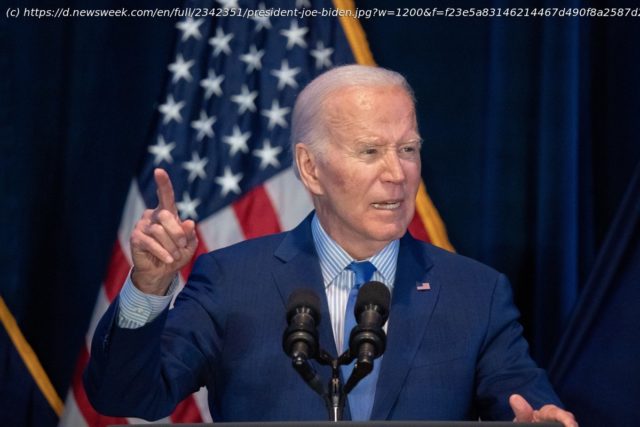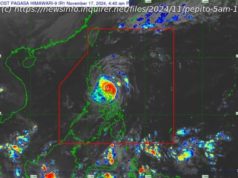The U.S. is weighing up its response to the strike on an American base in Jordan that killed three servicemen.
President Joe Biden vowed a response at a time «of our choosing» as he faces a difficult balancing act in how to react to the drone attack that killed three American soldiers.
National Security Council (NSC) spokesman John Kirby said «we are not looking for a war with Iran» but the U.S. blames Tehran for the actions of its allies in Sunday’s strike on the Tower 22 installation in northeast Jordan which also injured dozens of personnel.
The U.S. failing to act decisively risks sending a message of weakness that could lead to more attacks. But acting too forcefully could trigger escalation from Iran and its allies amid high regional tensions due to Israel’s war on Hamas in Gaza and Houthis in Yemen attacking Red Sea shipping.
Retaliation will be more comprehensive than the one-off strikes the U.S. has carried out on Iranian-linked targets so far, because «what has been done has not been working,» he added. «The ends have to change because this level of violence and global trade disruption and attacks on commercial shipping and civilians has to stop,» he said.
There are many bases, weapons stores and training depots across Iraq and Syria belonging to Tehran-backed militias which are trained, equipped and funded by Iran’s Revolutionary Guards Corps (IRGC) Quds Force, although not necessarily directed by them.
So far, precision-guided missile strikes on these bases have failed to deter the militias, which have launched more than 170 attacks on American bases in the region since the start of the war in Gaza after Hamas militants’ October 7 attacks in southern Israel.






